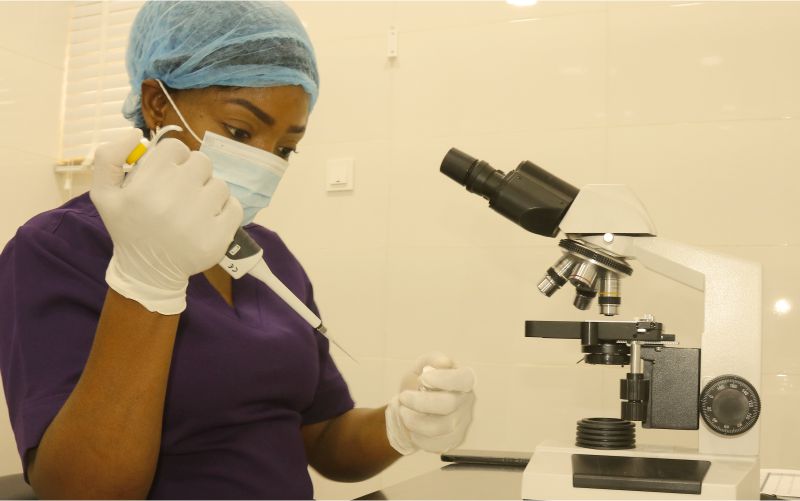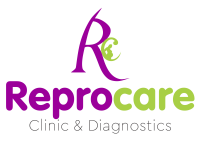WHAT IS IVF?
IVF is a common treatment for people who are unable to conceive naturally
Usually in IVF, the woman has medicines (fertility hormones) to stimulate the ovaries to produce several eggs. The eggs are then collected and mixed with sperm in a laboratory.
IVF is carried out when the sperm quality is considered to be ‘normal’ If there are issues with the sperm quality such as low motility or numbers, a procedure called intracytoplasmic sperm injection (ICSI) may instead be used – this is where a single sperm is injected into the egg by an embryologist
If fertilisation is successful, the embryos are allowed to develop for between two and six days. This helps the embryologist to select the strongest embryo, which is then transferred back to the woman’s womb to hopefully continue to a successful birth.
Often several good quality embryos will be created. In these cases, it’s normally best practice to freeze the remaining embryos because putting two embryos back in the womb increases your chance of having twins or triplets, which carries health risks. You can use your frozen embryos later on if your first cycle is unsuccessful or you want to try for another baby.

Who Might Be Recommended To Have IVF?
- Women with blocked or damaged fallopian tubes.
- People with unexplained fertility problems, or who have tried other treatments that were unsuccessful.
- Men with low sperm counts or who have high numbers of sperm with an abnormal shape or movement. Where these problems are serious an additional procedure (intracytoplasmic sperm injection or ICSI) may be necessary.
- Women who have difficulty with ovulation and who haven’t been successful with other treatments.
- Older women who are less likely to be successful with less invasive treatments.
- People using surrogacy.
How safe is IVF?
IVF is generally very safe and most who have it experience no problems with their health or pregnancy. However, there are some risks to be aware of, which include:
- ovarian hyperstimulation syndrome(a severe reaction to fertility drugs)
- having a multiple pregnancy or birth (twins, triplets or more), which can cause serious health problems to both mum and babies
- having an ectopic pregnancy
- possible birth defects (these are rare and research is still ongoing).



